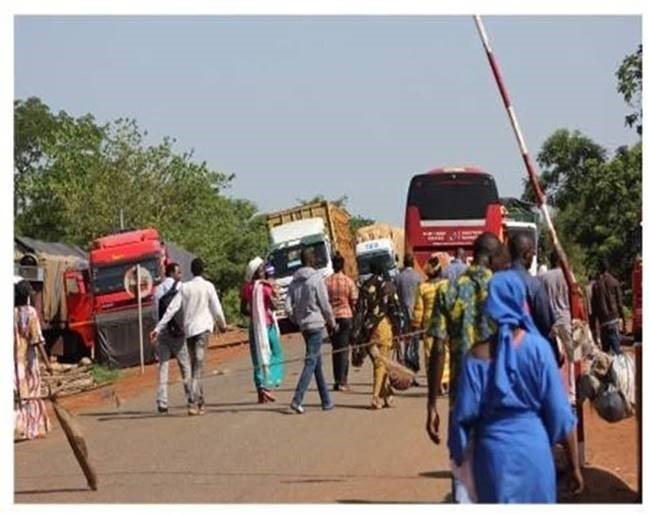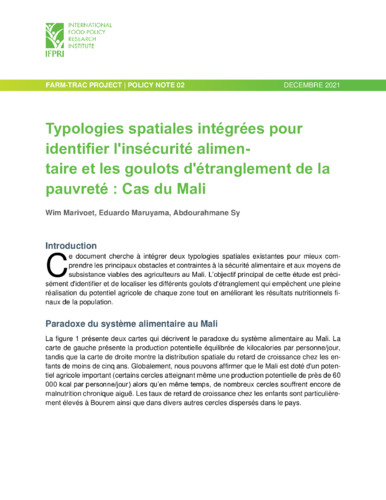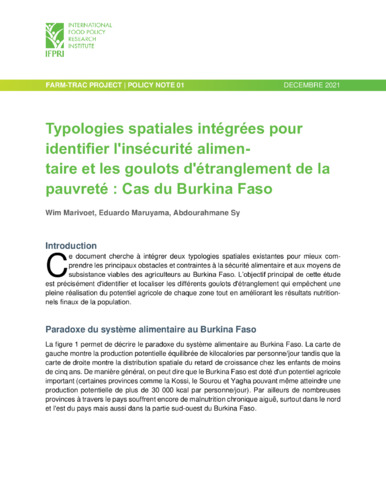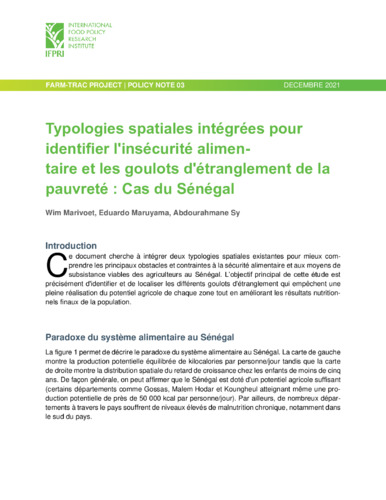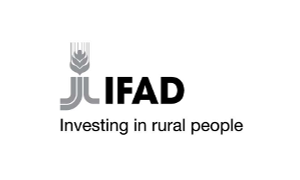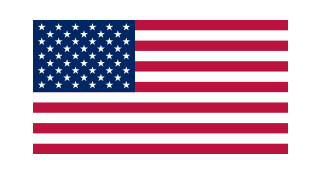International trade statistics are a key resource for ensuring a country’s food security. National production, minus exports, plus imports, tell us how much of each food or agricultural product is available. However, these statistics must be well measured. Trade statistics in Africa, particularly in the agricultural and food sector, fall short. Official statistics tell only part of the story due to widespread informal markets and trade.
The FARM-TRAC project was launched in June 2020 with the dual objective of:
- filling this statistical gap, while
- developing a sustainable and self-financed means of collecting reliable data on agricultural and food trade in West Africa.
With initial funding from the United Nations International Fund for Agricultural Development (IFAD), and ongoing support from the United States Agency for International Development (USAID), the project collects data on agricultural and food trade on all trade corridors in the West African region using the West African Association for Cross-Border Trade in Agro-forestry-pastoral and Fisheries Products (WACTAF). Apex organizations help coordinate data collection of agricultural commodities (e.g. cereals, livestock products, fruits, vegetables) in the region, in collaboration with traders, transportation industry and other stakeholders. FARM-TRAC also collects information on the various illegal controls enacted by gendarmerie, police or customs officials along trade corridors, as well as the bribe or payment amounts coerced by these officials.
In 2019, Comité Inter-étatique de Lutte contre la Sécheresse au Sahel (CILSS) and WACTAF set up an ECO-ICBT electronic platform to provide the private sector with real-time information on the volumes and values of products traded between countries in the region, as well as the number of checkpoints and the amount of illegal payments collected by police and customs. In order to sustain the project without external financing, the levy of a modest fee on each transaction will be set up by the Trade Information and Border Assistance Desk (TIBAD) with the technical assistance of the United Nations International Trade Center.
The national statistical institutions of the 15 countries in the region, as well as the statistics department of ECOWAS (Economic Community of West African States) will gradually integrate these data into official statistics. The project also contributes to implementation of the Regional Support for the Regulation of Informal Trade in ECOWAS (PARCI) program, which encourages informal trade operators to register their operations with the official authorities and to promote regional integration.




